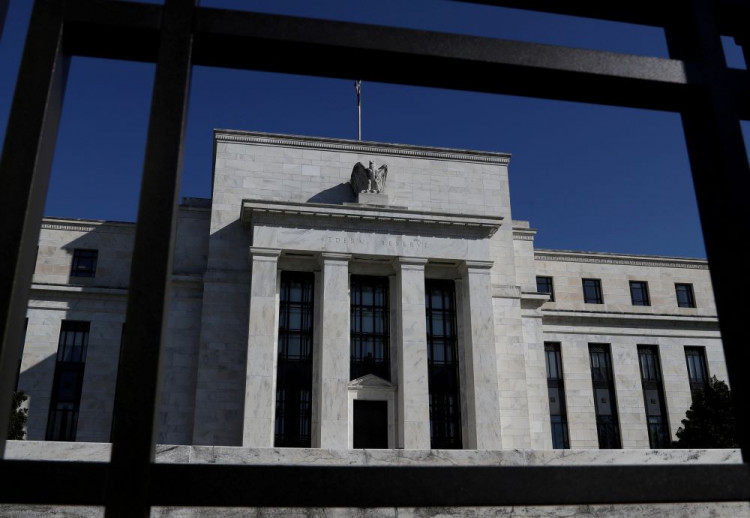A recent survey released by the Federal Reserve Bank of New York on Thursday suggests that Americans predominantly attribute the recent deceleration in U.S. inflation to the actions taken by the Federal Reserve, followed closely by improvements in supply chain issues. Respondents believe that these two factors are the primary reasons for the country's inflation drop over the past year and will likely continue to be the leading drivers for a potential decrease in the upcoming year.
During the period from 2019 to 2022, when questioned about the rise in U.S. inflation, a majority of the respondents pointed to challenges related to the supply chain. This includes product shortages, pandemic-related work stoppages, and a scarcity of workers, all of which have contributed to rising prices.
Researchers from the New York Fed noted in a recent blog post, "Our findings suggest that consumers see the worsening and subsequent improvement of supply chain issues as one of the main reasons for the significant inflation fluctuations experienced in the U.S. since 2020."
Beyond the aforementioned factors, the survey listed other factors influencing inflation, ranked by their perceived importance by respondents. These factors included government spending, demand for goods and services, poor governmental policies, record profits or price gouging behavior, labor market conditions, fiscal stimulus during the pandemic, global geopolitical tensions, and price normalization (prices that rise eventually falling).
The Thursday survey findings align with the consumer inflation expectation survey released earlier in the week by the Federal Reserve. A survey from the New York Fed on Monday showed that short-term inflation expectations for the upcoming year in July dropped from 3.8% to 3.5%, the lowest since April 2021, marking the fourth consecutive month of decline. Expectations for three-year and five-year inflation rates also decreased, both dropping from 3% to 2.9%.
U.S. Consumer Price Index (CPI) data has significantly cooled over the past year, currently at roughly a third of its peak in June 2022, which was the highest inflation rate in 40 years. This context sheds light on why the latest survey findings suggest that many respondents believe the Federal Reserve could soon claim victory over inflation.
The public's expectation of milder inflation in the future, combined with their confidence in the Fed's ability to combat inflation, may be seen positively for the inflation outlook. Federal Reserve policymakers believe that anticipated inflation trajectories strongly influence actual inflation, leading to speculation in the market about whether the Fed might hike interest rates again.
Still, Fed officials appear to remain cautious. Minutes from a hawkish Federal Reserve meeting in July, released yesterday, underscore this sentiment. The minutes revealed that most decision-makers still see significant upward risks to U.S. inflation, which may necessitate further rate hikes. Participants emphasized that the current inflation level is unacceptably high and needs more evidence of a decline. Many believe that even during rate cuts, there might not be a halt in balance sheet contraction. Nearly all participants felt that a 25-basis-point hike in July was appropriate, with two members favoring keeping rates unchanged. Some officials, as cited by the "New Fed News Agency," are wary of the risks of hiking rates too aggressively and advocate a more cautious approach to rate hikes.




